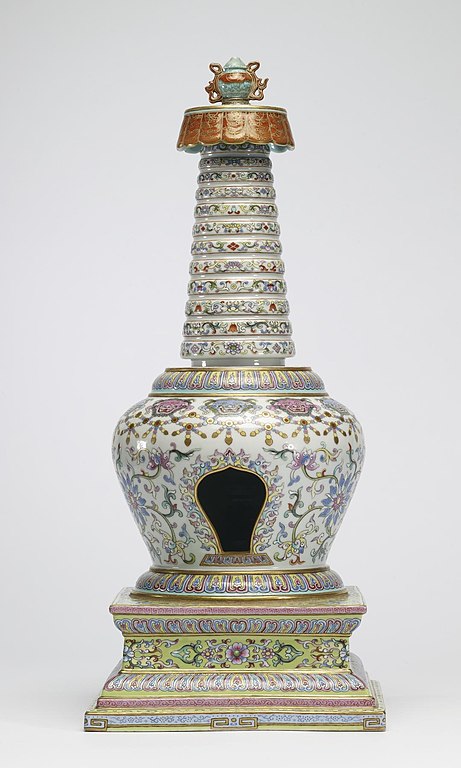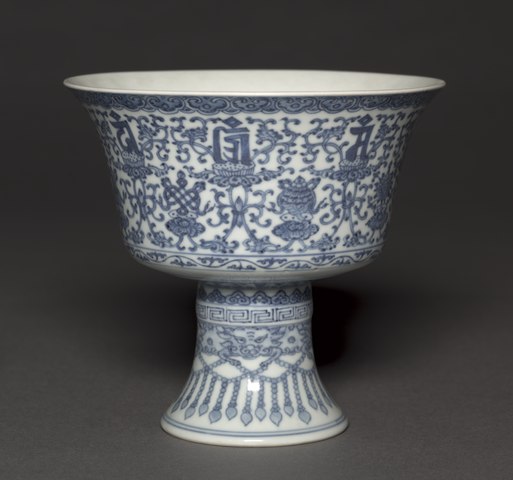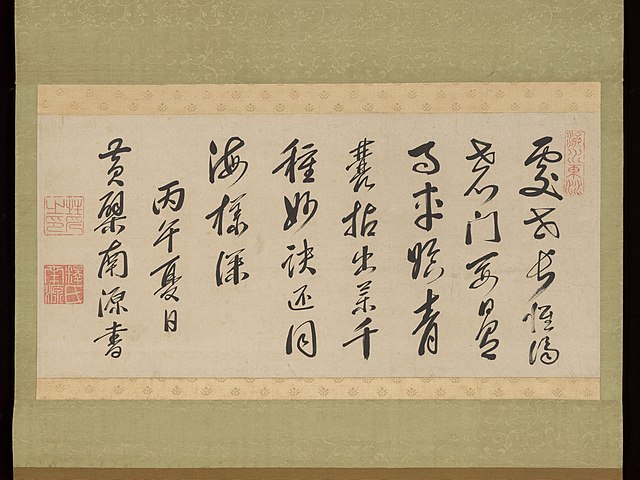
Thammasat University students interested in China studies, Buddhism, comparative religion, political science, history, sociology, demography, and related subjects may find it useful to participate in a free 21 April Zoom book talk on Mapping Modern Mahāyāna: Chinese Buddhism and Migration in the Age of Global Modernity.
The event, on Friday, 21 April 2023 at 9am Bangkok time, is organized by the Chinese University of Hong Kong.
The TU Library collection includes several books about different aspects of Chinese Buddhism.
The speaker will be Assistant Professor Jens Reinke, who teaches religious studies and Humanistic Buddhism at University of the West, a private Buddhist university in Rosemead, California, the United States of America.
The event announcement follows:
Jens Reinke, Assistant Professor of Religious Studies at the University, talks about his recent book Mapping Modern Mahayana: Chinese Buddhism and Migration in the Age of Global Modernity (De Gruyter, 2021). The book presents a multi-sited ethnographic study of the global development of the Taiwanese Buddhist order Fo Guang Shan. It explores the order’s modern Buddhist social engagements by examining three globally dispersed field sites: Los Angeles in the United States of America, Bronkhorstspruit in South Africa, and Yixing in the People’s Republic of China. The data collected at these field sites is embedded within the context of broader theoretical discussions on Buddhism, modernity, globalization, and the nation-state. By examining how one particular modern Buddhist religiosity that developed in a specific place moves into a global context, the book provides a fresh view of what constitutes both modern and contemporary Buddhism while also exploring the social, cultural, and religious fabrics that underlie the spatial configurations of globalization.
The TU Library collection includes a copy of Mapping Modern Mahayana: Chinese Buddhism and Migration in the Age of Global Modernity that is available for borrowing by all members of the TU community.
Students are welcome to join the event at this link, with no advance registration required.

The Taiwanese Buddhist order Fo Guang Shan website explains:
Venerable Master Hsing Yun was born in Chiangsu Province, China in 1927 and entered a monastery near Nanjing at age twelve. He was fully ordained in 1941, and is the 48th patriarch of the Linchi (Rinzai) Ch’an school. In 1949, amid the turbulence of civil war, he went to Taiwan.
In Taiwan, he began fulfilling his long-held vow of promoting Humanistic Buddhism, which takes to heart spiritual practice in daily life. With an emphasis on not needing to “go some place else” to find enlightenment, we can realize our true nature in the here and now, within this precious human birth and this world. When we actualize altruism, joyfulness, and universality, we are practicing the fundamental concepts of Humanistic Buddhism. When we give faith, hope, joy, and service, we are helping all beings, as well as ourselves. For nearly a half century, Venerable Master Hsing Yun has devoted his efforts to transforming this world through the practice of Humanistic Buddhism.
He is the founder of the Fo Guang Shan International Buddhist Order, which is headquartered in Taiwan and supports temples worldwide. The Order emphasizes education and service and maintains public universities, Buddhist colleges, libraries, publishing houses, Buddhist art galleries and tearooms, free mobile medical clinics, children’s home, retirement home, high school, and television station. The Order’s lay service organization, Buddha’s Light International Association, also has active chapters worldwide.
Venerable Master Hsing Yun is an outspoken proponent of equality among all people and religious traditions. The Order has the largest number of female monastics of any Buddhist order today. By providing and supporting educational and leadership opportunities, he has worked to improve the status of women in Taiwan. He has held full ordination ceremonies for women of the Mahayana, Theravada, and Vajrayana traditions. In addition, Master Hsing Yun annually organizes conferences to bring together the various Buddhist schools and to promote dialogue between Buddhists and other major religious groups.
Master Hsing Yun is a prolific writer and has authored over one hundred books in Chinese. His writings have been translated into English and many other languages. His works of the Life of Sakyamuni Buddha and the sixteen-volume Fo Guang Buddhist Dictionary have both won Taiwan’s highest humanitarian awards. His biography Handing Down the Light, Hsing Yun’s Ch’an Talks, The Lion’s Roar, The Hundred Sayings Series, and The Humanistic Buddhism Series are published in Taiwan and are in English. Being Good: A Guide to Buddhist Ethics, Only a Great Rain, Lotus in a Stream, Where is Your Buddha Nature: Stories to Instruct and Inspire are published by American publishers and are in English. His numerous lectures also continue to be translated into English.
Based in Taiwan, Venerable Master Hsing Yun travels extensively. His insightful, engaging, and witty lectures unfailingly endear him to audiences. He reminds us that to transform our world, we must be actively engaged in it. “Community transcends the individual,” he says, “and in doing so, fulfills the individual in the most complete way possible.” Wherever he goes, he encourages people to unite both the local and global community into a world of complete equality, joyfulness, and perfect peace.

The website also observes:
Introduction to Fo Guang Shan
Venerable Master Hsing Yun founded Fo Guang Shan in 1967.
Since then it has evolved from a mountaintop bamboo forest to the largest Buddhist monastery in Taiwan. Master Hsing Yun has inspired the selfless devotion of over 1,000 monastics as well as the ardent support of many lay devotees to assist him in bringing confidence, joy, hopes, and providing service to countless other. Presently Fo Guang Shan has over 200 branch temples throughout the world carrying out the goals of propagating Humanistic Buddhism and establishing a Pure Land on earth.
In May 1997 Fo Guang Shan decided to close its doors to the general public to give monastics the cloistered atmosphere they need for their Buddhist practice. At the end of 2000 President Chen Shui-bian and govermment officials from Kaohsiung visited Fo Guang Shan bringing with them the wish from their constituents that Fo Guang Shan re-open its mountain gate. After due consideration, Fo Guang Shan decided to re-open the monastery to some extent thereby providing the public with a Pure Land environment in which to practice Buddhism.

(All images courtesy of Wikimedia Commons)
